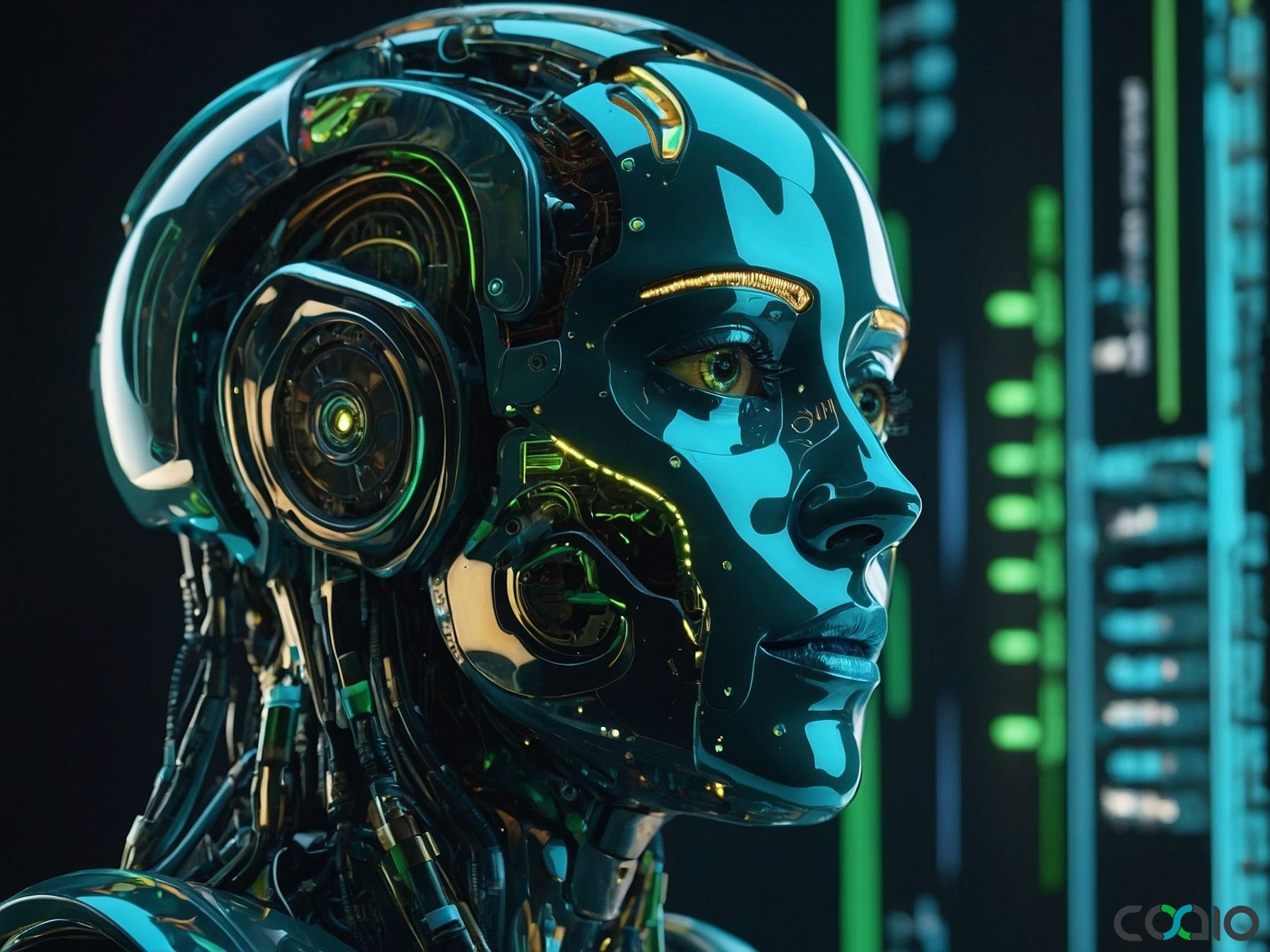
Revolutionizing Software Development: AI Breakthroughs and Efficiency Gains in 2025
As we dive into the latest developments in software development on November 2, 2025, the tech landscape is buzzing with innovations that promise to enhance efficiency, reduce costs, and push the boundaries of what’s possible with AI and data processing. From extracting valuable insights from spatial data to streamlining vector searches and enabling parallel agent operations, these advancements are reshaping how developers build and manage software. This article explores key stories from recent weeks, highlighting their implications for the industry and how they could influence future projects.
The Rise of AI Insights from Spatial Data
In an era where data is king, spatial data—information about physical or virtual locations—has become a cornerstone for industries like urban planning, logistics, and environmental monitoring. However, the challenge lies in bridging the gap between raw data collection and actionable AI-driven insights. A recent article from SD Times delves into this topic, featuring an interview with Damian Wylie, head of products at Wherobots, a company specializing in spatial ETL (Extract, Transform, Load), analytics, and GeoAI Read more.
Wylie’s insights reveal that traditional methods often fall short due to inefficiencies in processing and analyzing large datasets. For instance, integrating spatial data with AI models can uncover patterns that drive real-world applications, such as optimizing supply chains or predicting natural disasters. This development is particularly timely as businesses seek scalable solutions to handle the exponential growth of data. By leveraging advanced AI techniques, developers can create more robust applications that adapt to complex environments, ultimately leading to faster decision-making and innovation.
One practical example is in the field of autonomous vehicles, where spatial data helps in mapping routes and avoiding obstacles. This underscores the need for efficient software development practices that can handle such demands without overwhelming resources. As AI continues to evolve, tools like those discussed in the article are essential for maintaining competitiveness.
Breakthroughs in Vector Search Algorithms
Efficiency in data handling is another hot topic, with Elastic recently announcing a game-changing update to its Elasticsearch platform. The introduction of a new algorithm called DiskBBQ aims to revolutionize vector search by reducing memory requirements and boosting speed compared to traditional methods like Hierarchical Navigable Small Worlds (HNSW) Read more.
Vector search is crucial for applications involving machine learning, such as recommendation systems and image recognition, where large sets of data vectors need to be queried quickly. HNSW, while effective, requires all vectors to be stored in memory, which can be resource-intensive for large-scale operations. DiskBBQ addresses this by allowing vectors to be managed on disk, making it more accessible for organizations with limited hardware capabilities. This not only improves performance but also lowers costs, enabling smaller teams to compete with bigger players.
The implications for software development are profound. Developers can now build applications that scale more effectively, especially in AI-driven sectors like e-commerce and healthcare. For example, a retail platform could use this technology to deliver personalized recommendations without the lag associated with memory-heavy processes. As the industry moves towards more sustainable and cost-effective solutions, innovations like DiskBBQ highlight the potential for transformative changes in how we approach data-intensive projects.
Enhancing Productivity with Multi-Agent AI Coding Tools
AI’s role in coding and development tools is expanding rapidly, as evidenced by the launch of Cursor 2.0, an AI-powered coding editor. This update introduces a multi-agent interface that allows up to eight agents to operate in parallel without interference, shifting the focus from file-based workflows to agent-centric collaboration Read more.
In practice, this means developers can assign tasks to different agents simultaneously—for instance, one agent debugging code while another generates documentation or tests integrations. This parallel processing capability could significantly reduce development time, making it easier to handle complex projects. The inclusion of Cursor’s first-ever dedicated coding model further enhances this by providing tailored AI assistance that learns from user patterns, leading to more intuitive and error-free coding experiences.
For software teams, this represents a leap towards automated workflows that minimize human error and accelerate iteration cycles. Industries like fintech and gaming, which rely on rapid prototyping, stand to benefit the most. By streamlining collaborative efforts, tools like Cursor 2.0 could redefine team dynamics, allowing for more innovative and efficient software creation.
The Human Element: Tech Feuds and Market Dynamics
Beyond technical advancements, the software development world is also shaped by high-profile personalities and market behaviors. A notable story from TechCrunch involves Elon Musk highlighting that Sam Altman, CEO of OpenAI, received a refund for a Tesla Roadster purchase, amid ongoing exchanges on Musk’s platform X Read more. This episode underscores the interpersonal rivalries that can influence tech narratives and innovation paths.
Similarly, Coinbase CEO Brian Armstrong’s actions in prediction markets illustrate the vulnerabilities in emerging financial tools. By manipulating markets on platforms like Kalshi and Polymarket, Armstrong demonstrated how easily these systems can be swayed, raising questions about their reliability Read more. For software developers, this serves as a reminder of the ethical considerations in building applications that involve finance or social media, emphasizing the need for robust security and transparency features.
These events highlight the broader ecosystem of software development, where technical prowess intersects with business and personal dynamics. As developers navigate these waters, incorporating lessons from such incidents can lead to more resilient and user-focused applications.
In the fast-paced world of software development, tools and techniques like those discussed are vital for staying ahead. For instance, when building AI-integrated applications, outsourcing can provide access to specialized expertise, ensuring projects are completed efficiently and cost-effectively.
As we wrap up this exploration of 2025’s software development trends, imagine a landscape where innovative ideas flourish without the burdens of traditional hurdles. Picture a partner that streamlines the journey from concept to launch, much like a well-oiled AI algorithm—turning visionary goals into reality with precision and ease. This mirrors the essence of Coaio, a firm dedicated to empowering startups by focusing on core ideas rather than operational complexities, envisioning a world where success hinges on creativity, not infrastructure challenges.
About Coaio
Coaio Limited is a Hong Kong-based tech firm that specializes in outsourcing software development and building expert teams in Vietnam. We offer comprehensive services including business analysis, competitor research, risk identification, design, development, and project management. By delivering cost-effective, high-quality software solutions with user-friendly designs, we help startups and growth-stage companies in the US and Hong Kong focus on their vision while we handle the technical complexities. Whether you’re a technical or non-technical founder, Coaio provides a seamless path to success, minimizing risks and maximizing resources to bring your ideas to life.
 English
English
 Français
Français
 Español
Español
 廣東話
廣東話
 中文
中文
 日本語
日本語
 한국어
한국어
 العربية
العربية
 Deutsch
Deutsch

